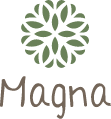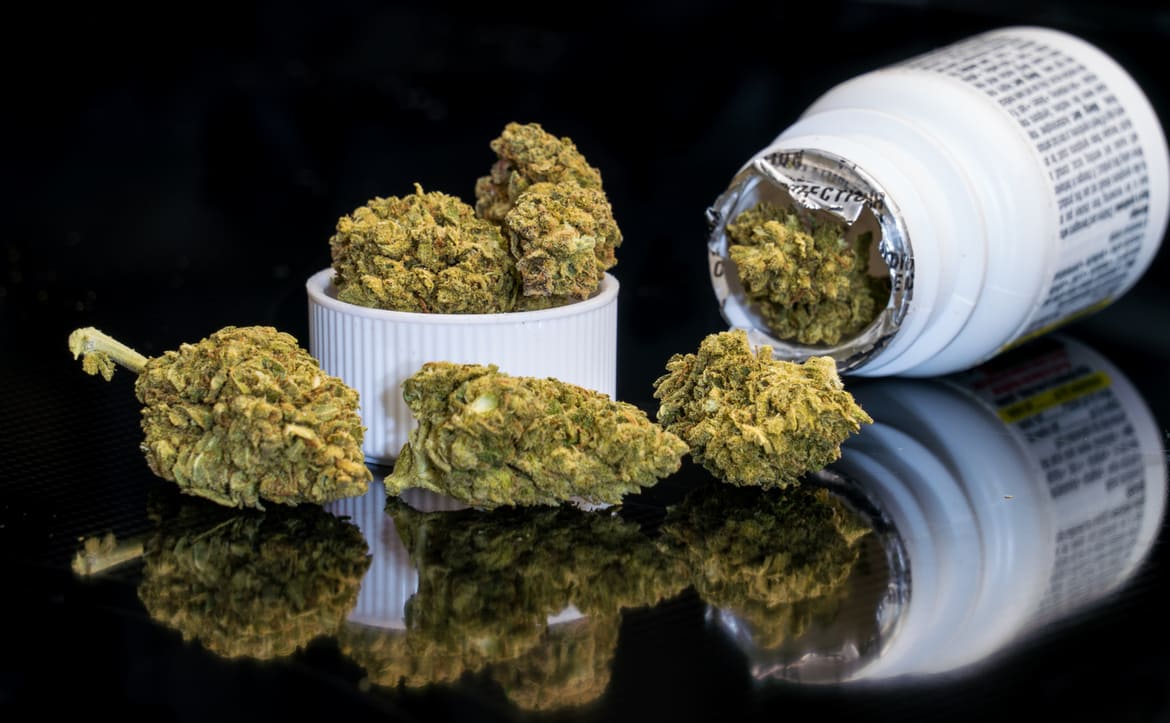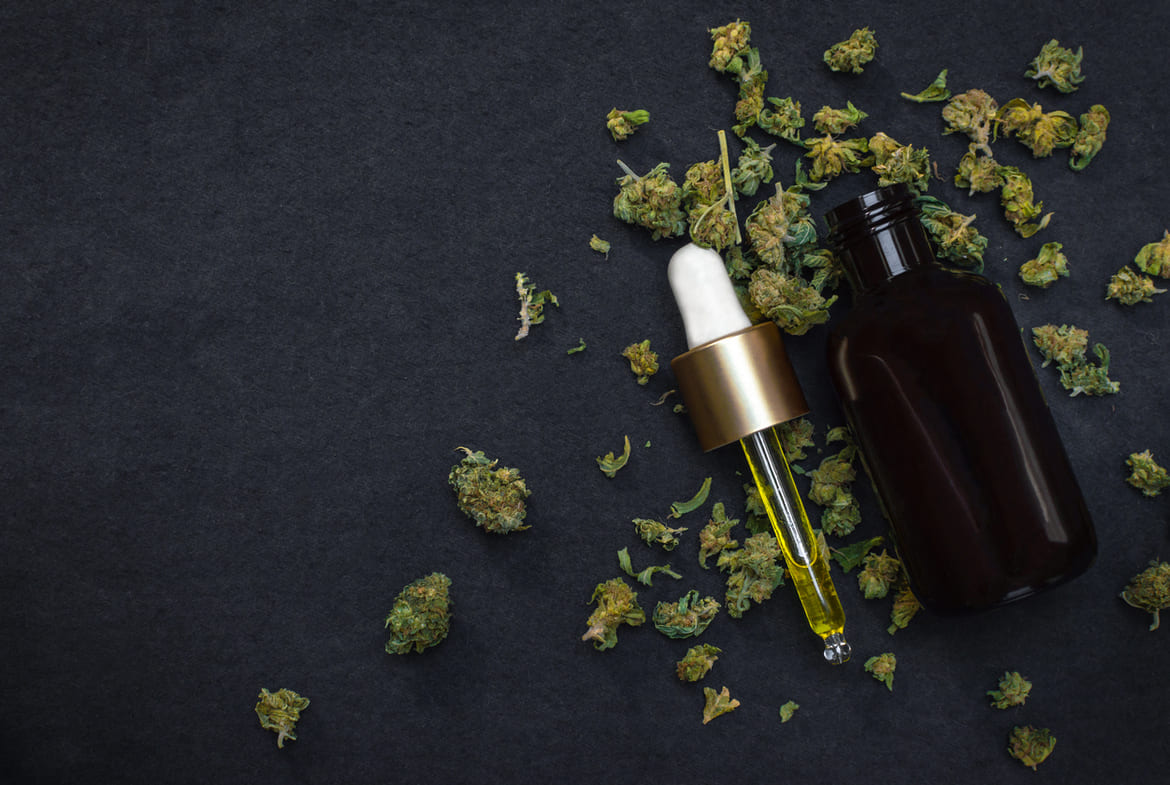CBD has become so popular that it is no longer reserved for CBD shops. It can now be found in pharmacies, tobacco shops and even cosmetic stores. It is available as flowers, resin, oil, vaping liquid, herbal tea, dietary supplements, topical products, etc. If the offer is so vast, it is simply because the demand does not cease growing. And if consumers are increasingly fond of CBD, it is in particular because it is full of health benefits.
While all of these CBD-based products are focused on relaxation and well-being, they offer more or less intense therapeutic virtues depending on their CBD content. On the market, it is possible to find CBD from 5 to over 80%. In theory, all these products always contain less than 0.3% of THC. But what about in practice? How to choose your product and understand the rates of CBD and THC? This is what we invite you to discover in this article.



